Belém, Brazil, Nov 16 (V7N) – Bangladesh is placing youth at the forefront to address the rising pressures of climate-induced loss and damage. At a high-level side event held at the Bangladesh Pavilion during the UN Climate Change Conference COP30 on Saturday, young representatives highlighted the intersection of field experiences, policy realities, and global demands.
The session, titled “From Local to Global: Youth Inclusion in the Loss and Damage Framework,” was organized by the official UNFCCC Children and Youth Constituency’s Loss and Working Group. Fisheries and Livestock Advisor Farida Akhter served as the chief guest, emphasizing that any framework is meaningless without centering the affected communities. She stated that Bangladesh is speaking on behalf of the least developed countries whose lives, homes, and futures are being reshaped by the climate crisis every day.
Advisor Akhter stressed that climate finance is not a matter of negotiation but a question of survival, justice, and human dignity. She added that the focus should be on solutions proportionate to the severity of suffering, rather than merely highlighting problems.
Director of the Department of Environment, Mirza Shawkat Ali, presented Bangladesh’s national Loss and Damage framework, which is being developed in alignment with international agreements and will actively engage youth.
Panel moderator and Working Group contact point Jasmine Sabatina emphasized that the Loss and Damage Fund must be rapid, fair, and inclusive; otherwise, the financing risks remaining merely on paper. The youth presence at the Bangladesh Pavilion was vibrant, sharing grassroots stories and realities of marginalized communities, delivering a unified message: this is not a discussion but a fight for survival.
Youth representatives called for easy access to the fund, real-time transparency tools, anticipatory finance, small grants, capacity building, permanent youth representation in fund governance, and an integrated evidence-based platform. Sohannur Rahman, Executive Coordinator of YouthNet Global, highlighted that without transparency and accountability, no fund will reach the affected people, emphasizing the need for youth-friendly structures aligned with field realities.
Nepalese youth representative Prayash Adhikari noted that youth are leading resilience-building at the grassroots level beyond negotiation tables, framing climate justice as both policy and lived struggle. Climate policy analyst Harjeet Singh described the youth role as timely, stating that youth movements are creating the greatest pressure to ensure climate finance. He stressed that now is the time to build public awareness, generate evidence, campaign, and organize all stakeholders collectively.
The Loss and Damage Fund has begun its first round of project calls, with an initial allocation of $250 million for affected countries to submit applications. While COP30 progress is promising, experts raised concerns about the fund’s size, access, and fair distribution. Following long discussions in Barbados, some observers still consider the $250 million allocation insufficient compared to actual losses.
Bangladeshi experts highlighted the need for capacity building within the six-month application period. They emphasized coordinated efforts from research institutions, civil society, government, and other partners to prepare strong applications within limited budgets. Singh added that climate disasters are occurring in Jamaica and the Philippines while discussions continue, stressing the immediate need for funds.
Currently, the fund holds approximately $397 million. Although global leaders pledged around $700 million for 2023–24, much remains undisbursed. Developing countries require more than $400 billion annually to address losses, making the current fund size largely symbolic.
Host country Brazil stated that the Loss and Damage Fund is among the fastest-operational climate funds in history, representing political recognition of climate justice in addition to compensation for loss. The first approval phase is expected by next July, when initial projects will receive financial support. Experts caution that complex administrative structures and application processes may challenge small island and low-income countries.
The event underscored the critical role of youth in bridging local realities with global climate finance mechanisms, ensuring inclusivity, accountability, and real-time action for vulnerable populations.
END/WD/SMA/



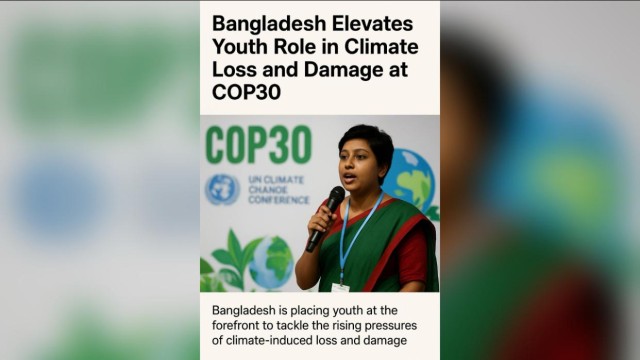



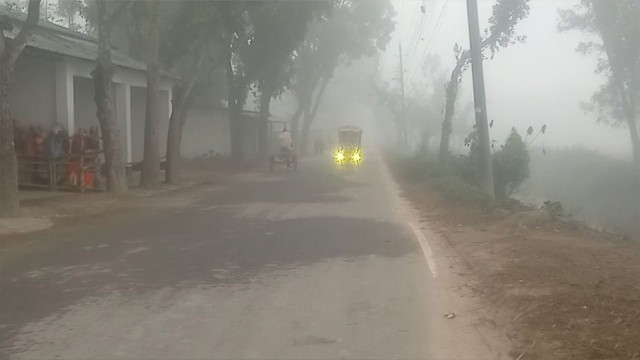

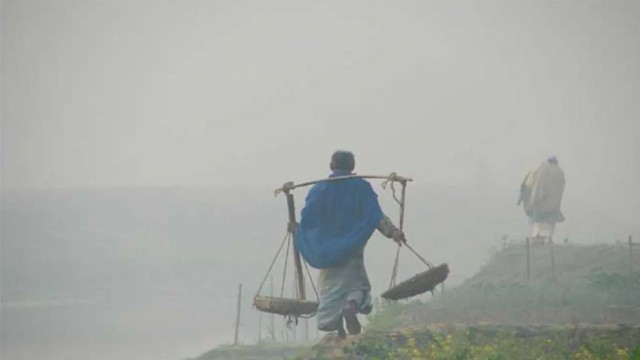
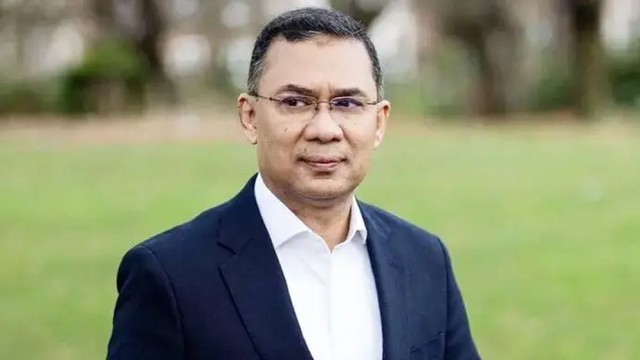
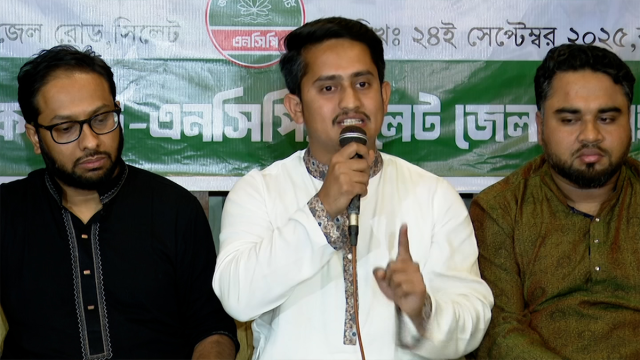

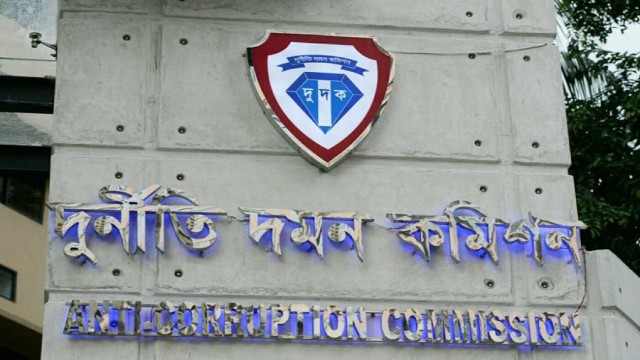
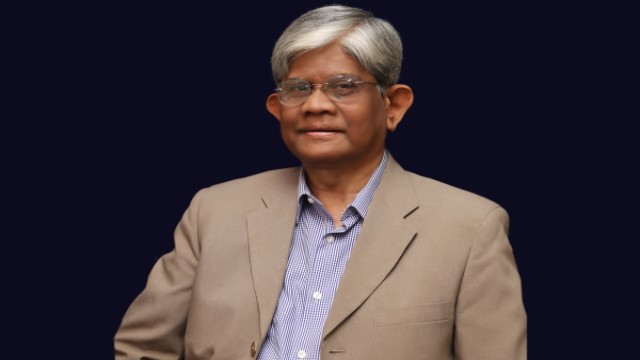
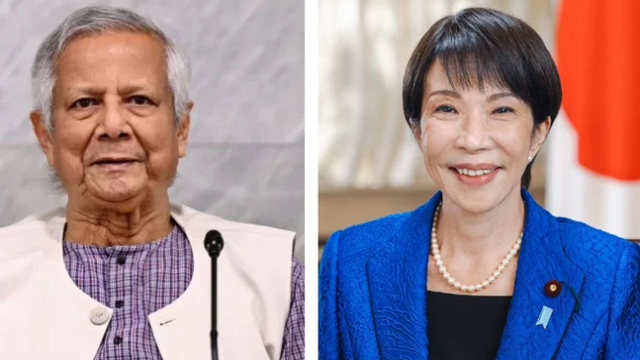
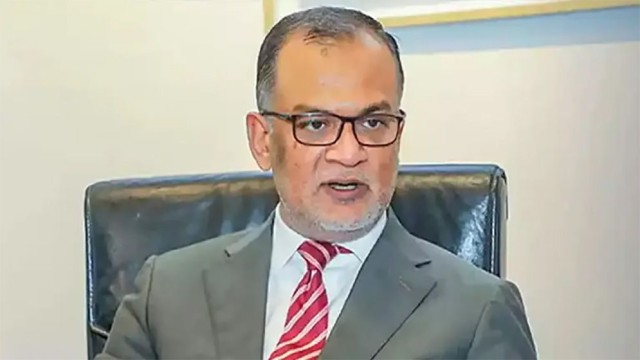
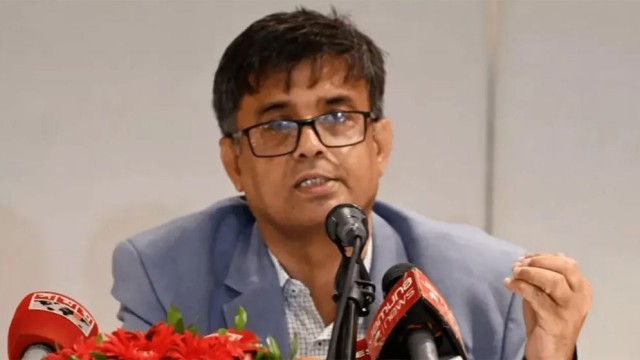







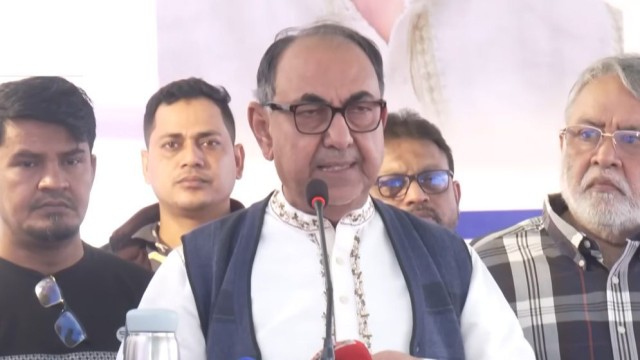

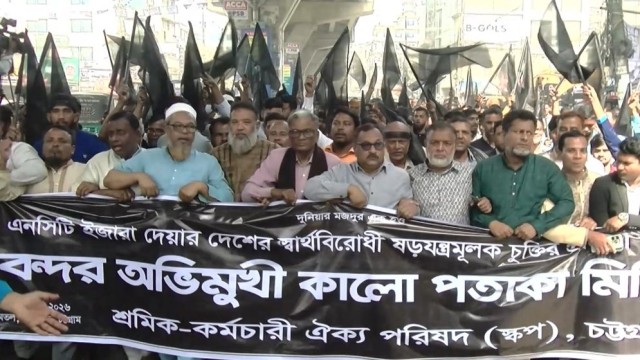
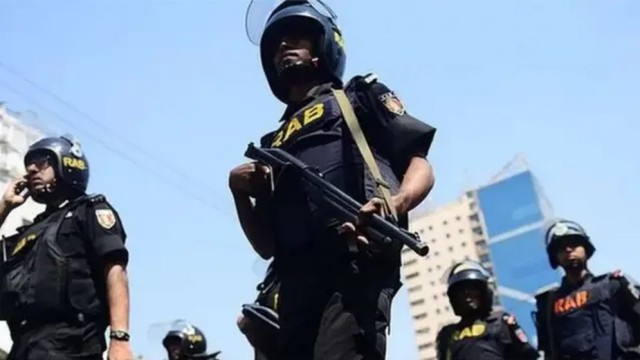


Comment: